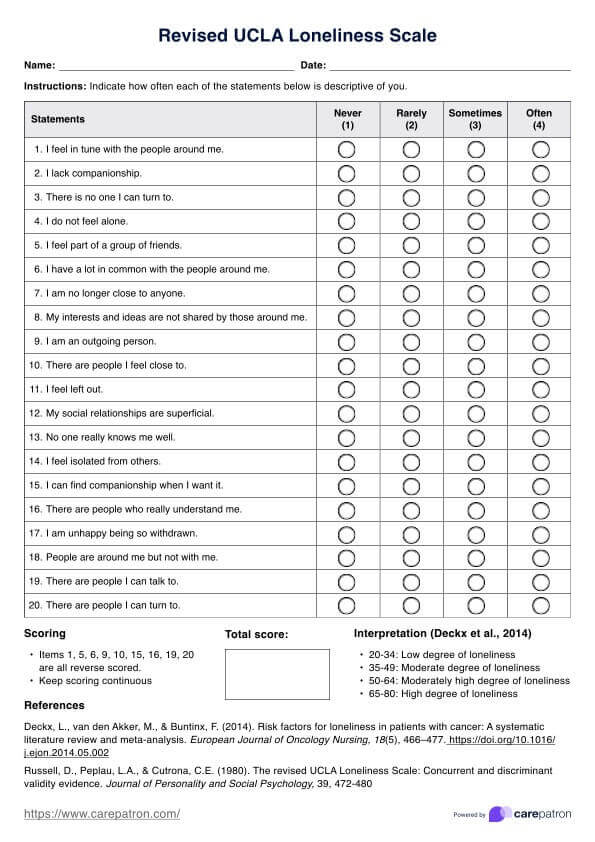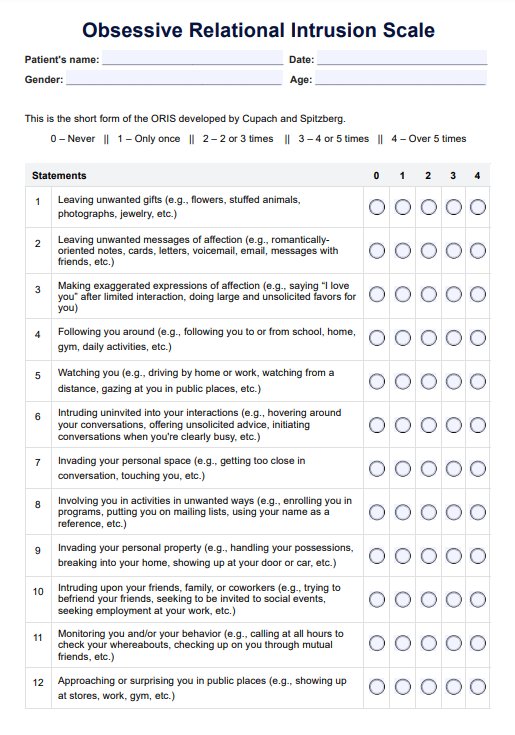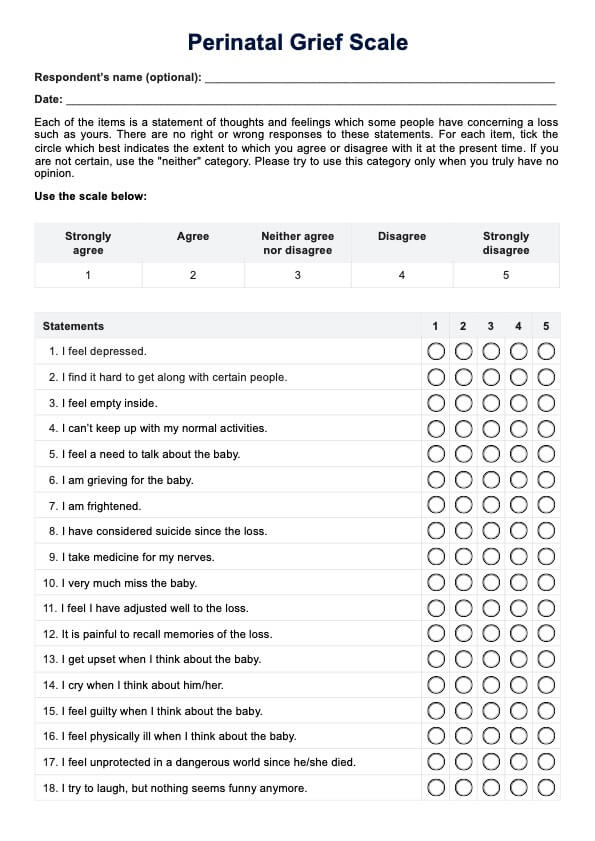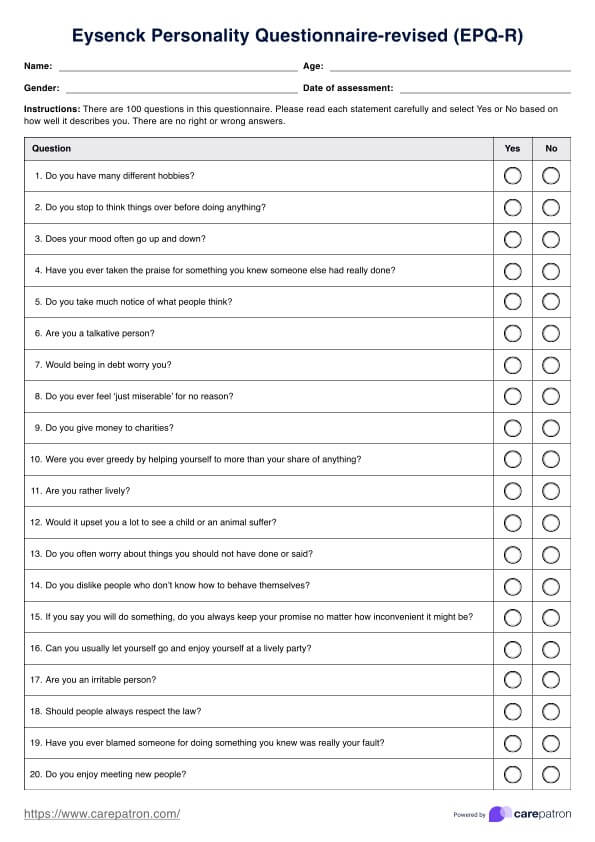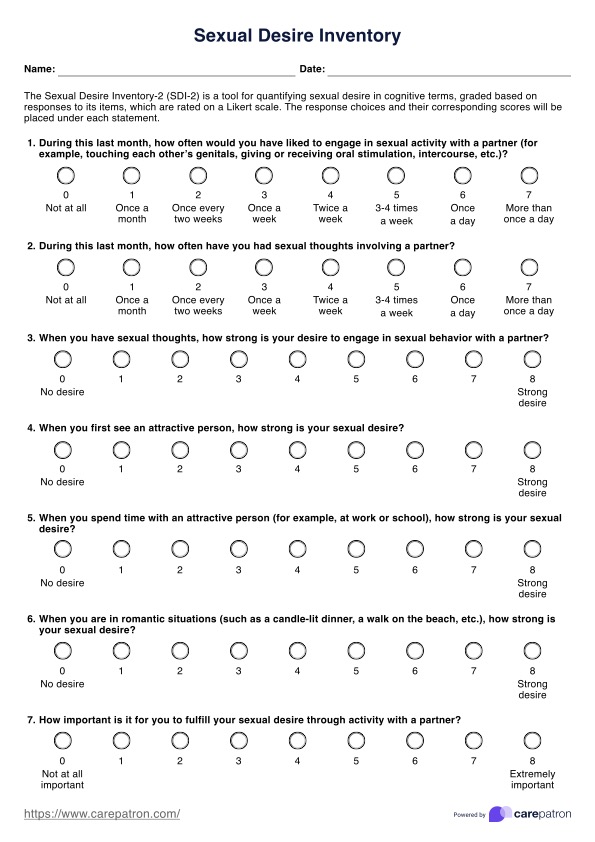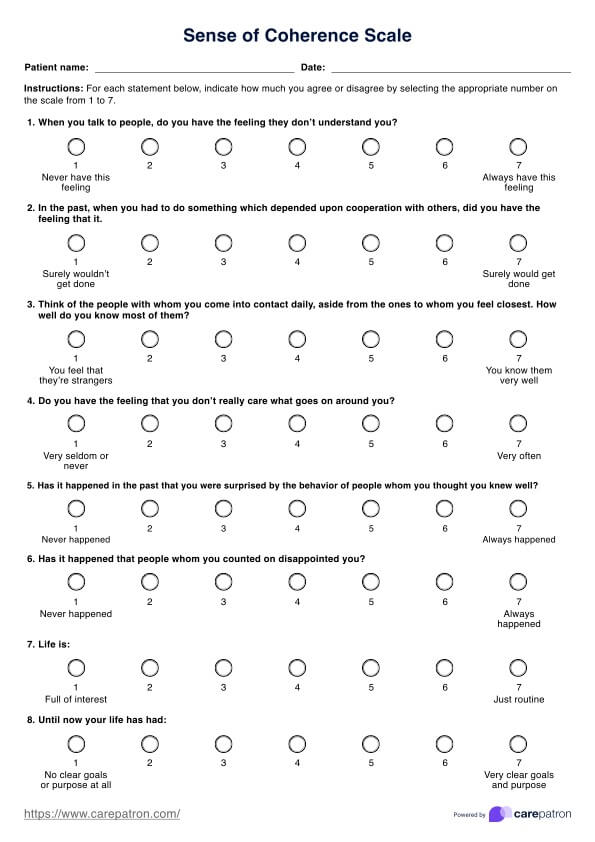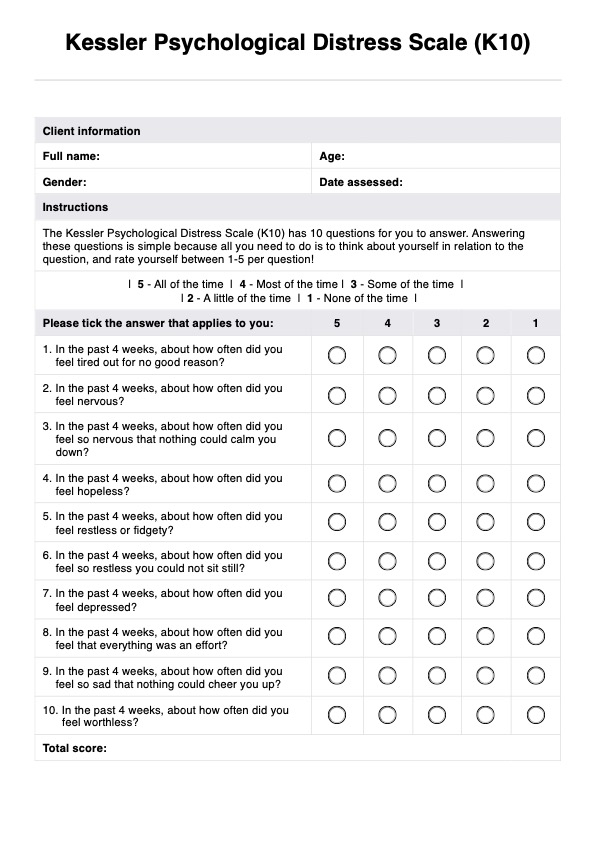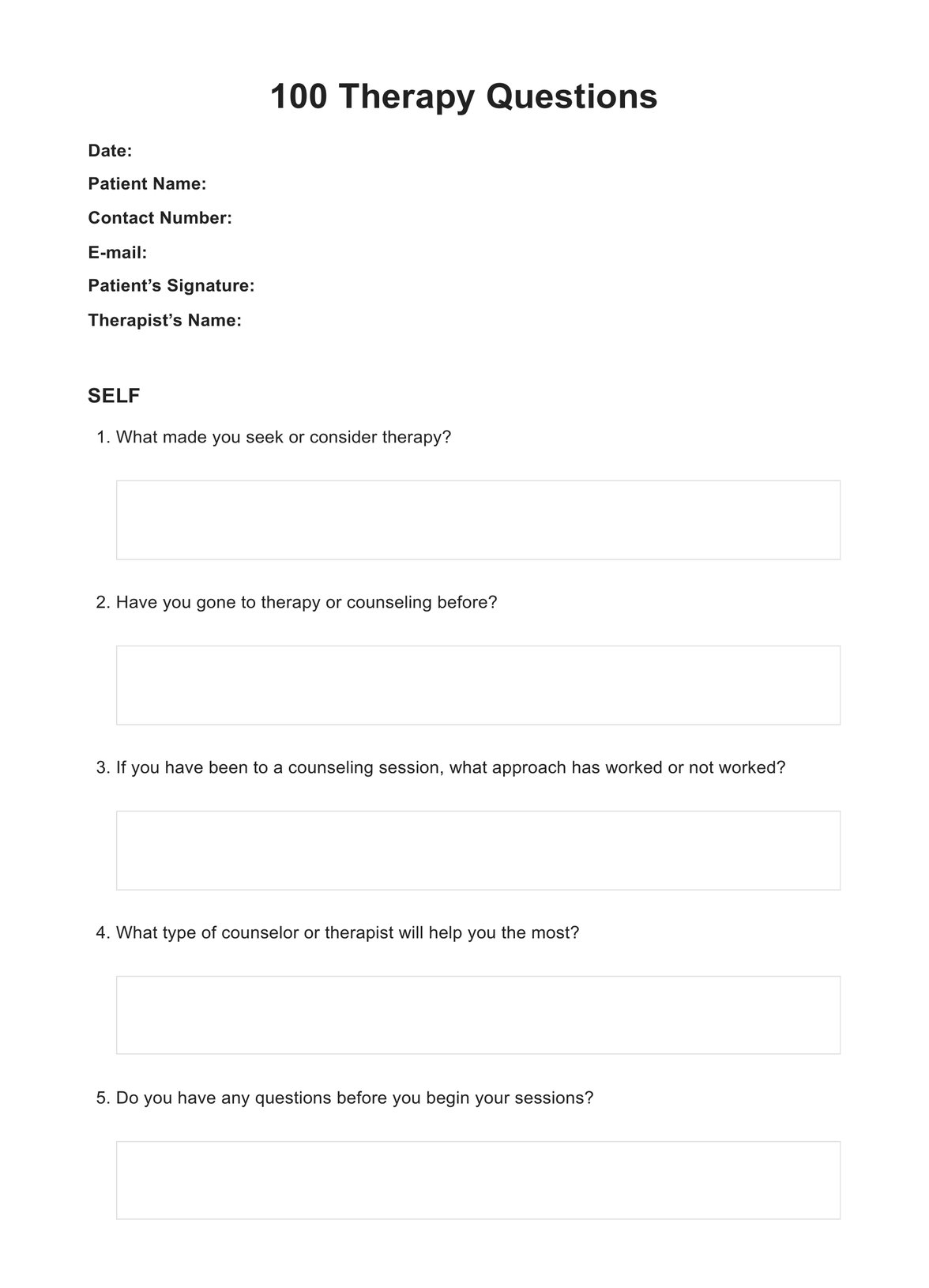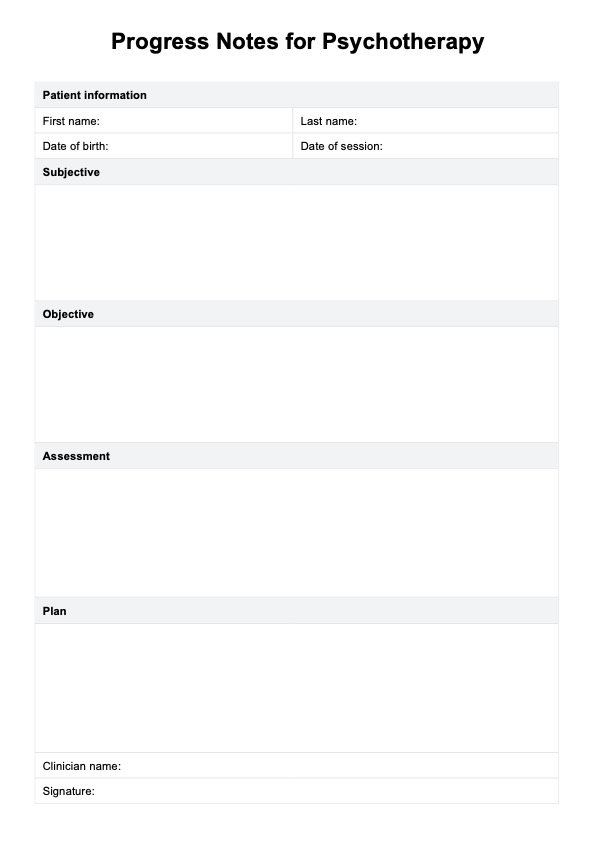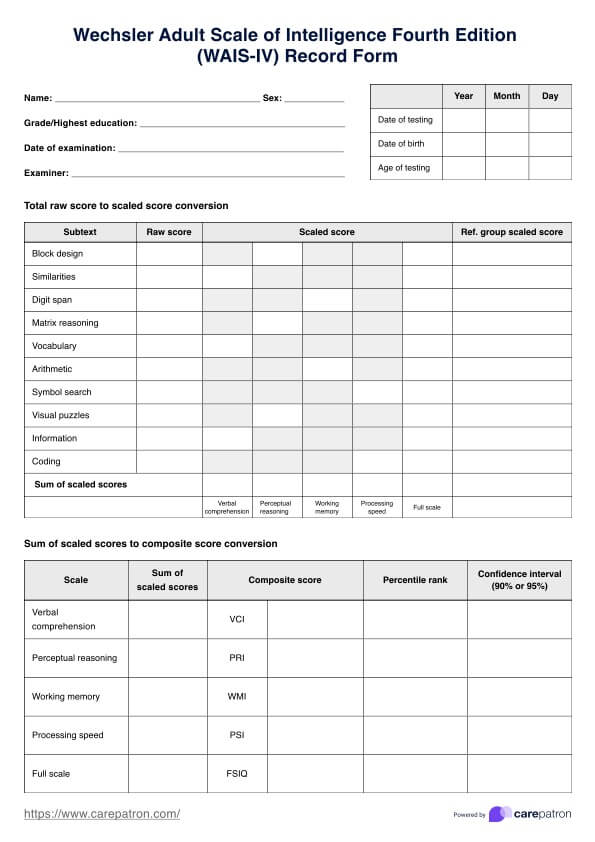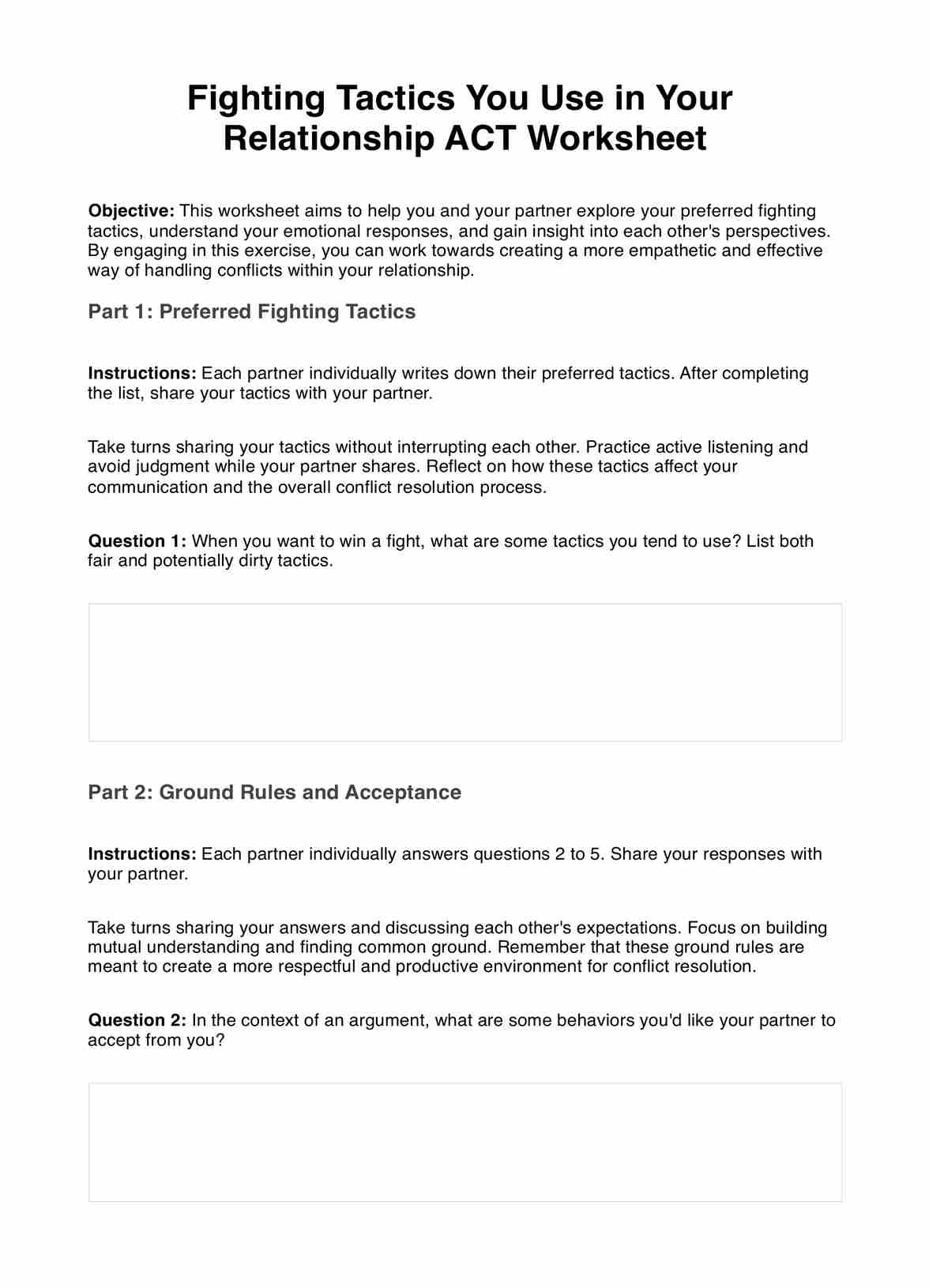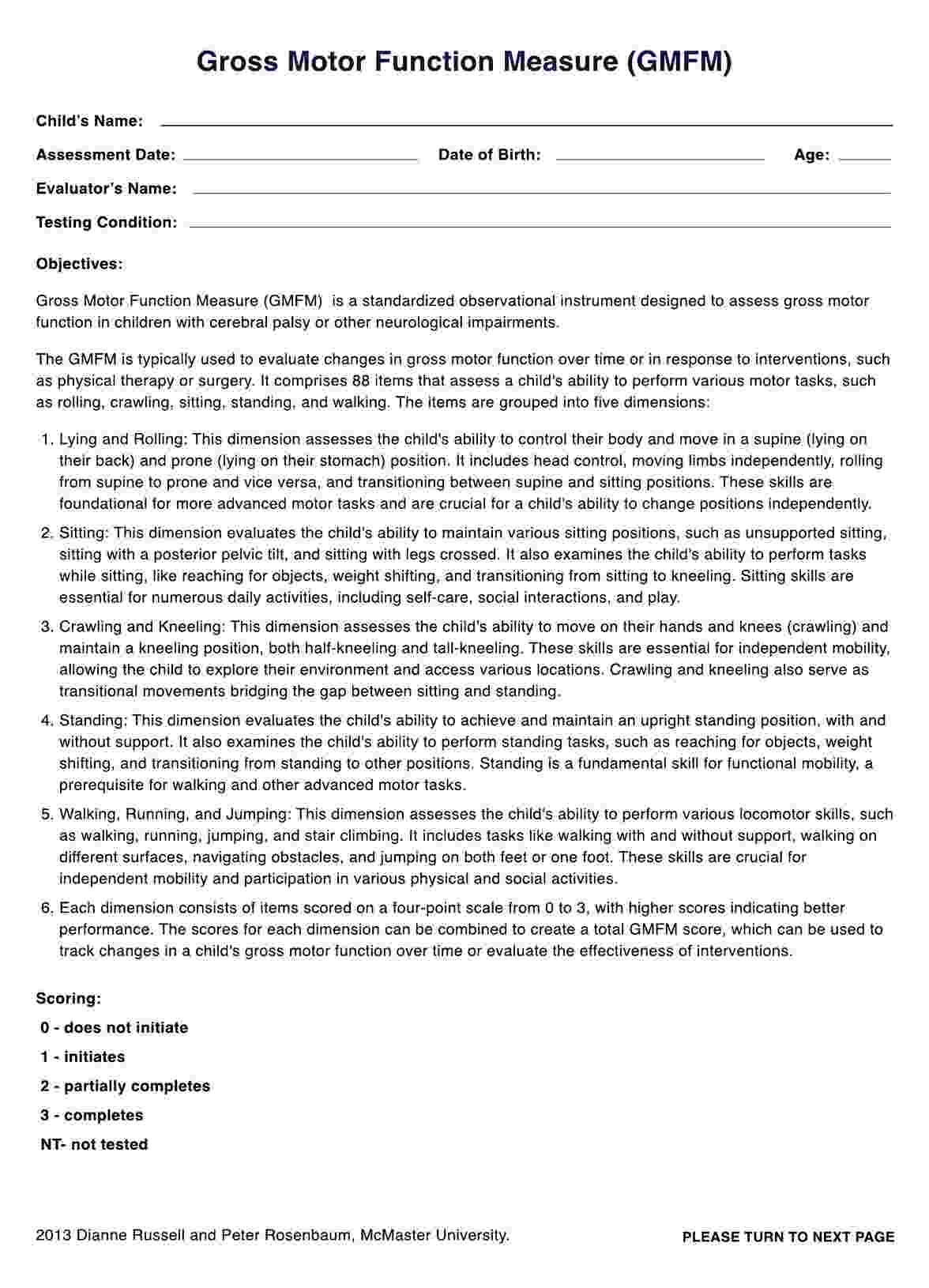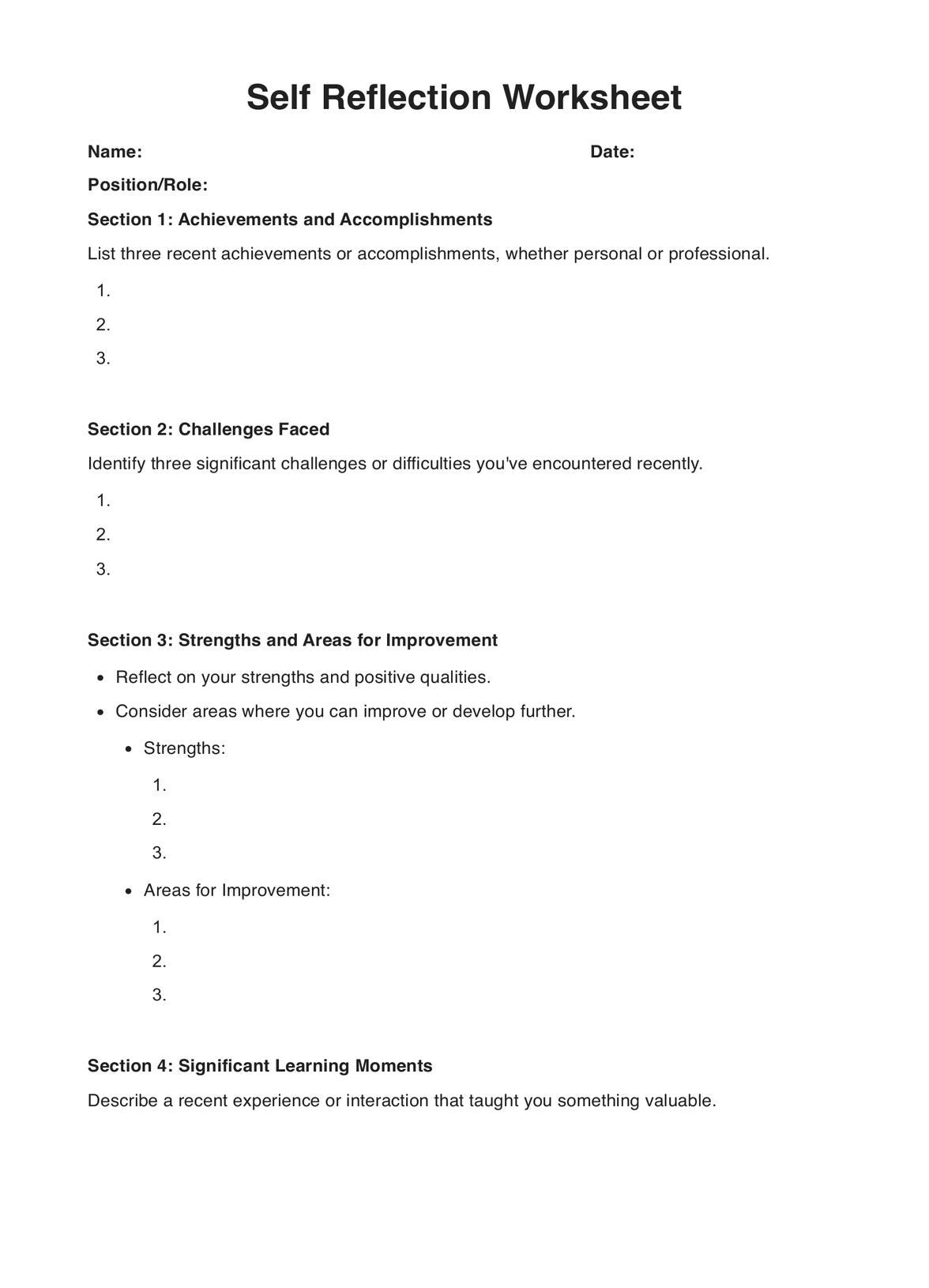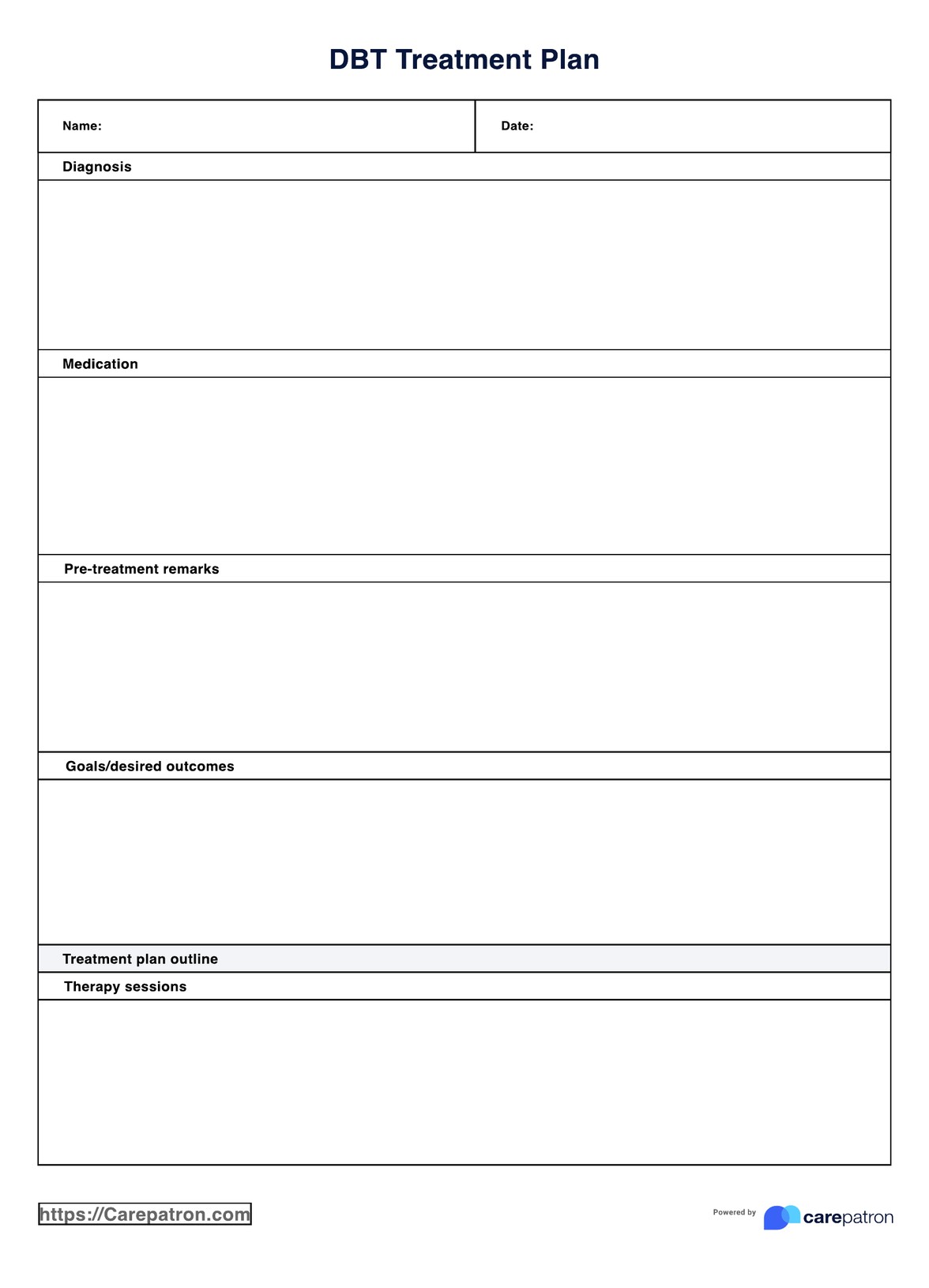Socratic Questioning Worksheet
Unlock the power of Socratic questioning with our free worksheet. Foster critical thinking, enhance self-awareness, and drive personal growth in your patients.


What Is Socratic Questioning?
Welcome to our guide on Socratic questioning, one of the most transformative tools in thought-provoking conversation and deep learning. If you've ever been curious about this famed questioning method, you've come to the right place!
Named after the classical Greek philosopher Socrates, Socratic questioning is often used in education, therapy, coaching, and even philosophical debates. It involves asking thought-provoking questions, guiding individuals to examine their beliefs, thought processes, and understanding critically. The aim is to unravel layers of thought.
But it's not just about asking random questions. Socratic questioning is a strategic, systematic, and disciplined technique. It requires the questioner to delve deeper into the core of the matter, igniting the respondent's curiosity and fostering a curious mind.
In this guide, we'll explore the essence of Socratic questioning, share a handy worksheet for your practice, and even provide a real-life example to bring the concept to life. Whether you're an educator, coach, therapist, or an eager learner, this guide is crafted with you in mind. So buckle up as we delve into the exciting world of Socratic questioning!
Socratic Questioning Worksheet Template
Socratic Questioning Worksheet Example
How To Use This Socratic Questioning Worksheet?
Understanding how to effectively apply the Socratic questioning method is vital for healthcare professionals aiming to stimulate critical thinking and self-awareness in their patients. Let's delve into the steps of conducting this engaging, therapeutic approach.
Step 1: Introduction to the Method
Make sure the patient understands what Socratic questioning is and its purpose. It's essential to explain that these questions are meant to stimulate thought and aren't for the therapist's benefit.
Step 2: Present the Initial Thoughts
Write down the patient's primary concern or the thought that seems to be causing the most distress. It serves as a starting point for the Socratic questioning process.
Step 3: Start the Socratic Questioning
Use the Socratic questioning worksheet to guide the conversation. The questions should help the patient challenge their initial thought, consider alternative viewpoints, and reach a new understanding.
Step 4: Record the Patient's Responses
Carefully note down the patient's responses to each question. It's essential to capture their thoughts and feelings accurately.
Step 5: Analysis and Interpretation
Reflect on the responses and the journey from the initial thought to the new insight. Highlight this transformation in the Findings and Interpretation sections.
As healthcare professionals, incorporating Socratic questioning into your therapeutic toolbox can have transformative effects. This approach fosters self-exploration and critical thinking and empowers patients to challenge their beliefs, aiding their therapeutic journey.
When Would You Use This Socratic Questioning Worksheet?
As a therapeutic tool, the Socratic Questioning Worksheet has many applications in mental healthcare settings. Its strategic and systematic approach to stimulating critical thinking makes it an invaluable asset in a healthcare professional's toolkit.
- Exploring Cognitive Distortions: The Socratic Questioning Worksheet is highly beneficial when dealing with cognitive distortions or irrational beliefs. The purposeful questions can help the patient identify, challenge, and change such thoughts, thereby assisting in cognitive restructuring.
- Addressing Anxiety and Depression: This tool can be instrumental when working with patients dealing with anxiety and depression. The method promotes introspection, challenging negative thoughts, and fostering a more balanced perspective.
- Enhancing Self-awareness: The Socratic Questioning Worksheet can be used to promote self-awareness. It encourages patients to examine their beliefs and assumptions, enabling them to understand themselves better.
- Improving Decision-making Skills: The worksheet can also enhance decision-making skills. By dissecting a problem or decision through Socratic questioning, patients can gain clarity and feel more confident in their choices.
Whether you're a psychologist, therapist, or counselor, this Personality Questionnaire is a resource that can be applied across various therapeutic scenarios. It's a flexible, insightful tool that helps illuminate self-awareness and personal growth paths.
For comprehensive therapeutic support, you can also incorporate the Socrates template, cognitive distortions template, and personality questionnaire into your practice. These tools are designed to facilitate deeper introspection, challenge negative thought patterns, and promote personal growth, making them invaluable resources for both patients and practitioners.
What Are the Benefits of Using This Socratic Questioning Worksheet?
Fostering Critical Thinking
This tool encourages patients to examine their thoughts and beliefs critically. It helps them develop skills to challenge their cognitive distortions and generate alternative, balanced perspectives.
Facilitating Self-awareness
The worksheet guides patients through a self-exploratory process, fostering self-awareness and personal insight.
Providing Structure
The step-by-step process of the worksheet provides a structure to the conversation, making it easier to navigate through complex thoughts and feelings.
Documenting Progress
Recording responses allows healthcare professionals to track patients' progress over time, highlighting the transformation in their thought processes.
Versatile Application
The worksheet is versatile and applicable across various therapeutic scenarios, including anxiety, depression, self-esteem issues, and decision-making dilemmas.
Easily Accessible
As a free resource, it provides healthcare professionals with an easy, cost-effective tool to incorporate into their therapeutic approach.
Commonly asked questions
You can download the Socratic Questioning Worksheet PDF directly from our site. Click on the download button provided, and the file will automatically save to your device.
Yes, the Socratic Questioning Worksheet is versatile and can be adapted in group therapy settings. It can encourage collective critical thinking and shared insights.
The frequency of usage depends on the patient's needs and progress. However, it can be used in every session to encourage critical thinking and self-awareness.


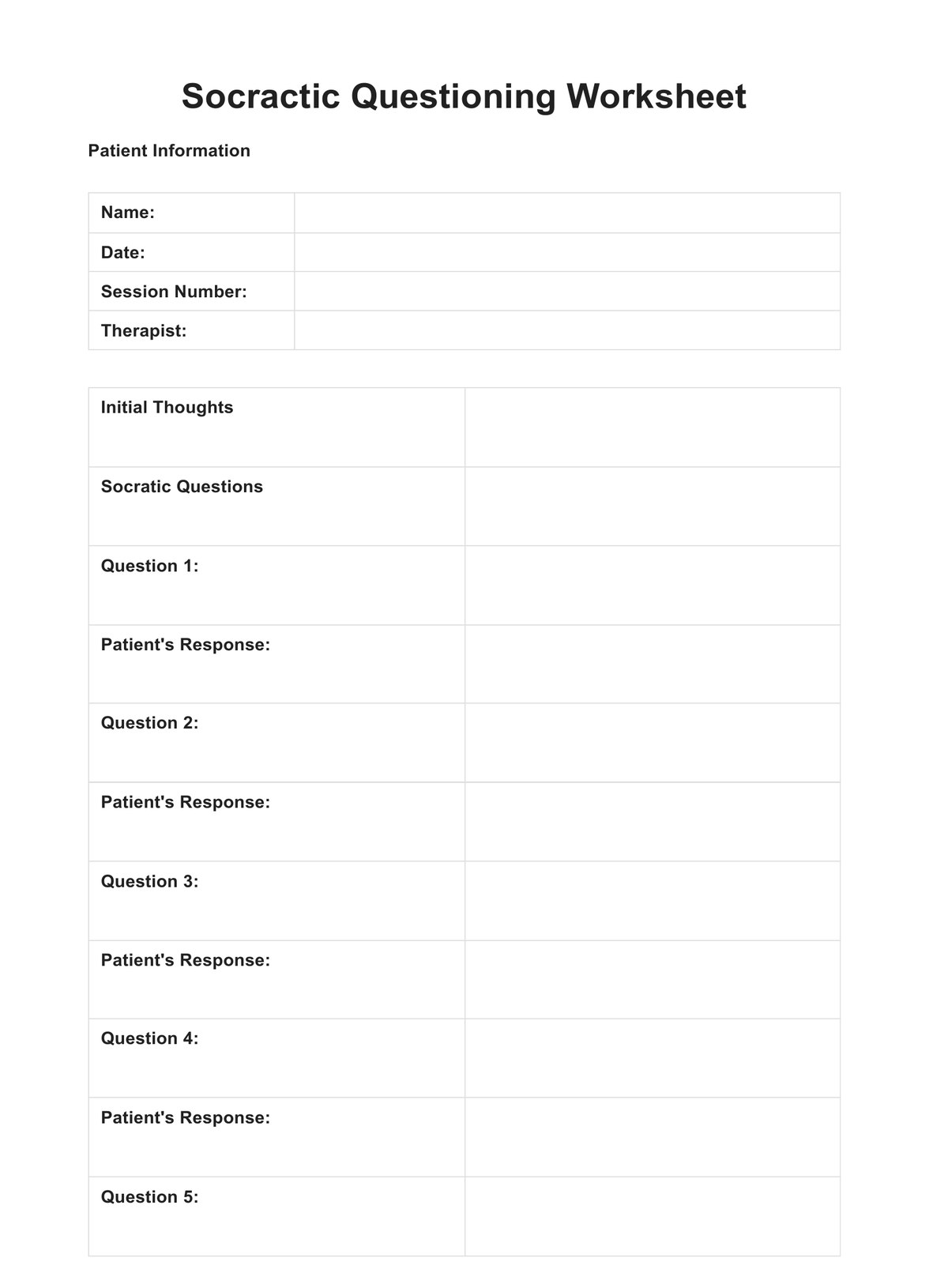
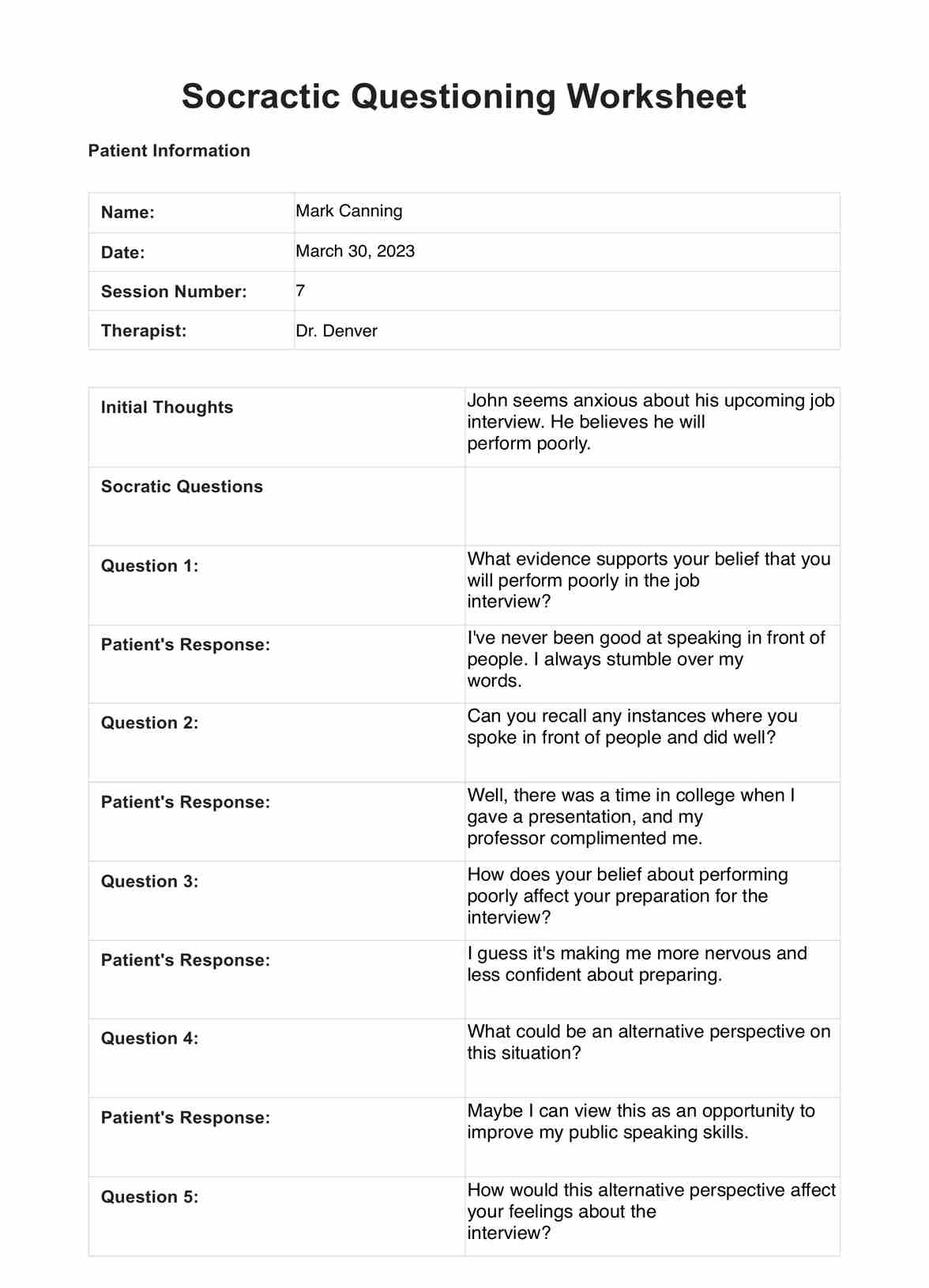


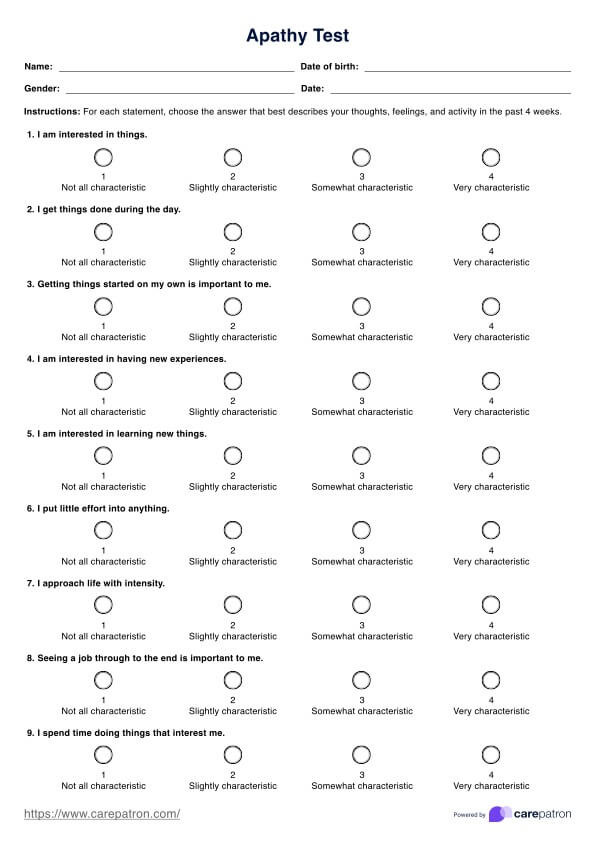
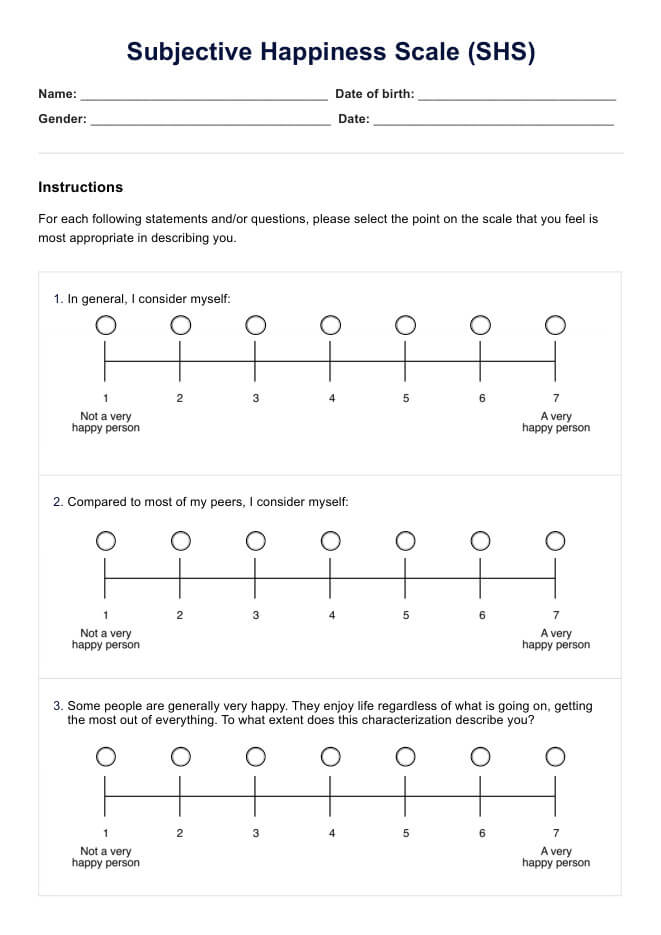











-template.jpg)















































































